In today's fast-paced world, sleep often takes a backseat to hectic schedules. Understanding the benefits of morning sunlight for better sleep hygiene can be transformative. Many people are unaware that natural light exposure plays a crucial role in regulating our circadian rhythm—a natural process that dictates sleep-wake cycles. This rhythm, influenced by morning sun exposure, can be the key to achieving healthy sleep patterns and improving sleep quality. When we embrace the morning sun, we tap into the powerful benefits of sunlight for sleep, optimizing our body's ability to produce melatonin at night—a hormone essential for restful slumber.
The circadian rhythm is a natural internal process that repeats roughly every 24 hours, influencing various physiological functions, including sleep-wake cycles. Disruptions in this rhythm can lead to poor sleep quality and broader health issues. Morning sun and sleep are intrinsically connected because natural light exposure in the morning helps synchronize our circadian rhythm. This synchronization ensures the optimal production of melatonin, a hormone essential for restful slumber.
One practical way to embrace the benefits of morning sunlight is through morning light therapy. This involves intentionally exposing oneself to natural light shortly after waking up. When we expose our eyes to morning sunlight, we stimulate the brain's suprachiasmatic nucleus (SCN), which regulates the production of melatonin and cortisol, aligning our body clock with the natural environment.
Melatonin plays a crucial role in regulating sleep by signaling the body that it's time to rest. The production of this hormone is heavily influenced by light exposure, particularly in the morning. When sunlight hits our retinas, it triggers a decrease in melatonin production, signaling wakefulness. As evening approaches, in the absence of light, melatonin levels rise, preparing the body for sleep.
Integrating morning sun exposure into daily routines can significantly boost sleep quality. Here are some actionable tips: Start your day with a 20-30 minute walk outside. Not only does this expose you to natural light, but it also provides moderate exercise, which further enhances sleep quality. Allow natural light to flood your space by opening curtains or blinds as soon as you wake up. If possible, have your breakfast outside or by a window that receives plenty of sunlight. Arrange your workspace near a window to ensure you're exposed to natural light throughout the day.
Morning Light Therapy: A Catalyst for Improved Sleep Quality
Recent studies highlight the effectiveness of morning light therapy in enhancing mood and energy levels throughout the day while improving sleep quality at night. For example, a study conducted by the National Institutes of Health found that individuals who received ample morning sunlight had significantly better sleep quality and experienced fewer mood disturbances compared to those with limited exposure.
A fascinating example of how light exposure affects melatonin can be seen in people with ADHD, who are increasingly turning to AI apps to help manage tasks (as noted in recent reports). These individuals often experience disrupted circadian rhythms and benefit greatly from structured routines that include morning light exposure to regulate their sleep cycles.
Consider the story of Jabez, who was recently in the news for making radio history after overcoming significant challenges. Initially kicked out of school due to behavioral issues linked to poor sleep, Jabez discovered that consistent morning light exposure helped regulate his sleep cycle, drastically improving his focus and performance (source). His success underscores the profound impact of aligning daily routines with natural light exposure.
While the benefits of sunlight for sleep are evident, some may face challenges such as living in regions with limited sunlight during certain seasons. In these cases, artificial light sources designed to mimic natural sunlight can be beneficial. Light therapy lamps are an excellent alternative for those unable to access sufficient natural light due to geographic or seasonal constraints.
Addressing Misconceptions and Challenges
Moreover, during monsoon seasons or periods with frequent cloud cover, maintaining exposure becomes challenging. Experts recommend using daylight-mimicking lamps or spending time near large windows even when direct sunlight isn't available (source).
Incorporating morning sun exposure into daily routines offers a simple yet profound way to improve sleep hygiene naturally. By aligning our habits with our circadian rhythms through morning light therapy, we not only optimize melatonin production but also enhance overall well-being.
As more people become aware of these benefits and implement these practices, we pave the way for healthier lifestyles grounded in nature's rhythms.
Are you ready to transform your sleep patterns and boost your quality of life? Start by stepping into the morning sun and experience its powerful benefits firsthand. Feel free to share your thoughts and stories in the comments below—I’d love to hear how this practice impacts your life.


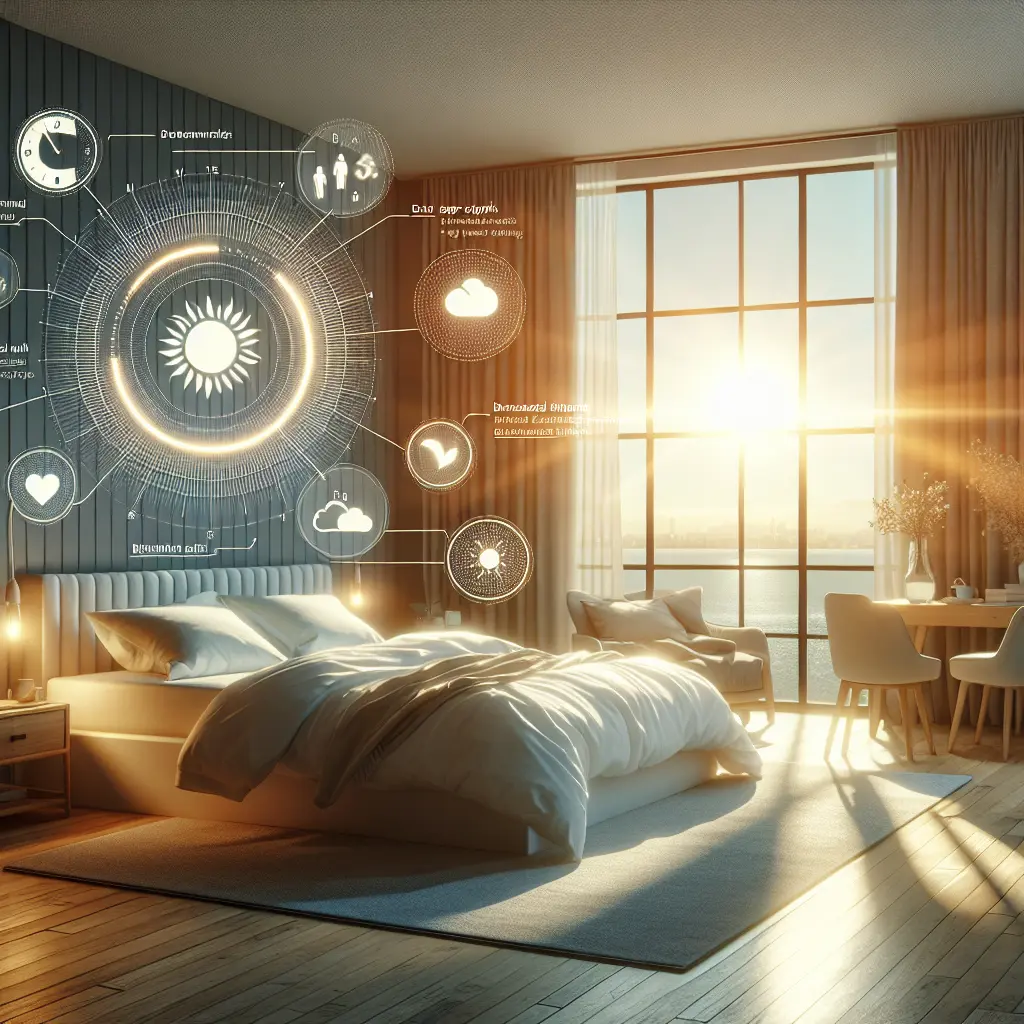


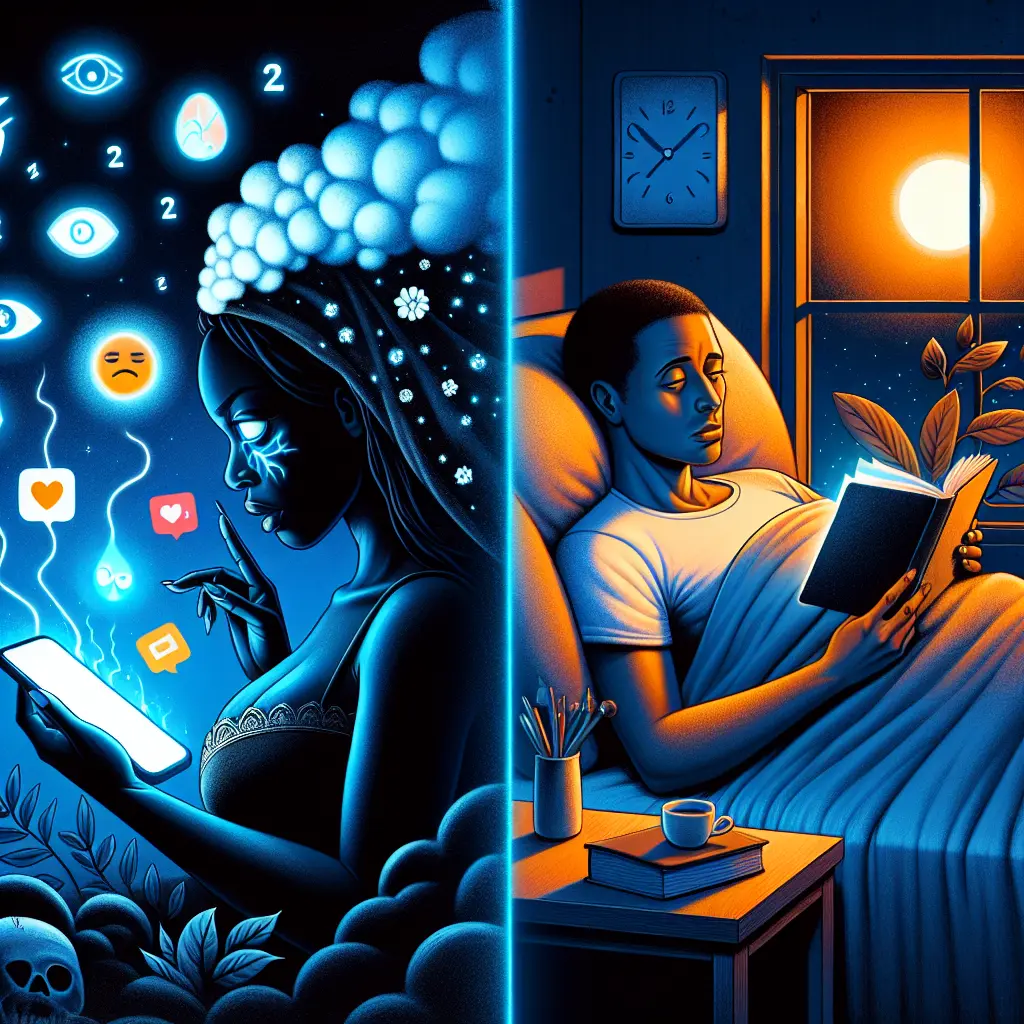
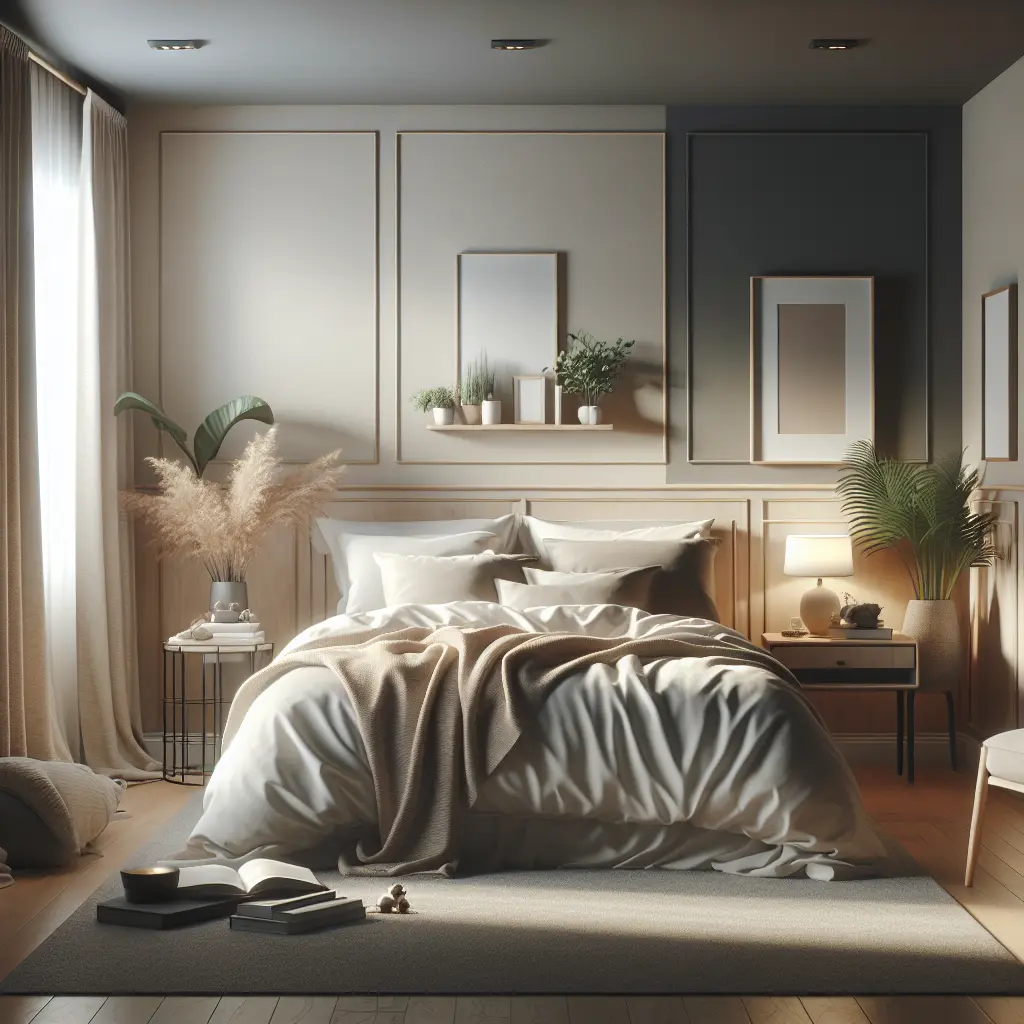
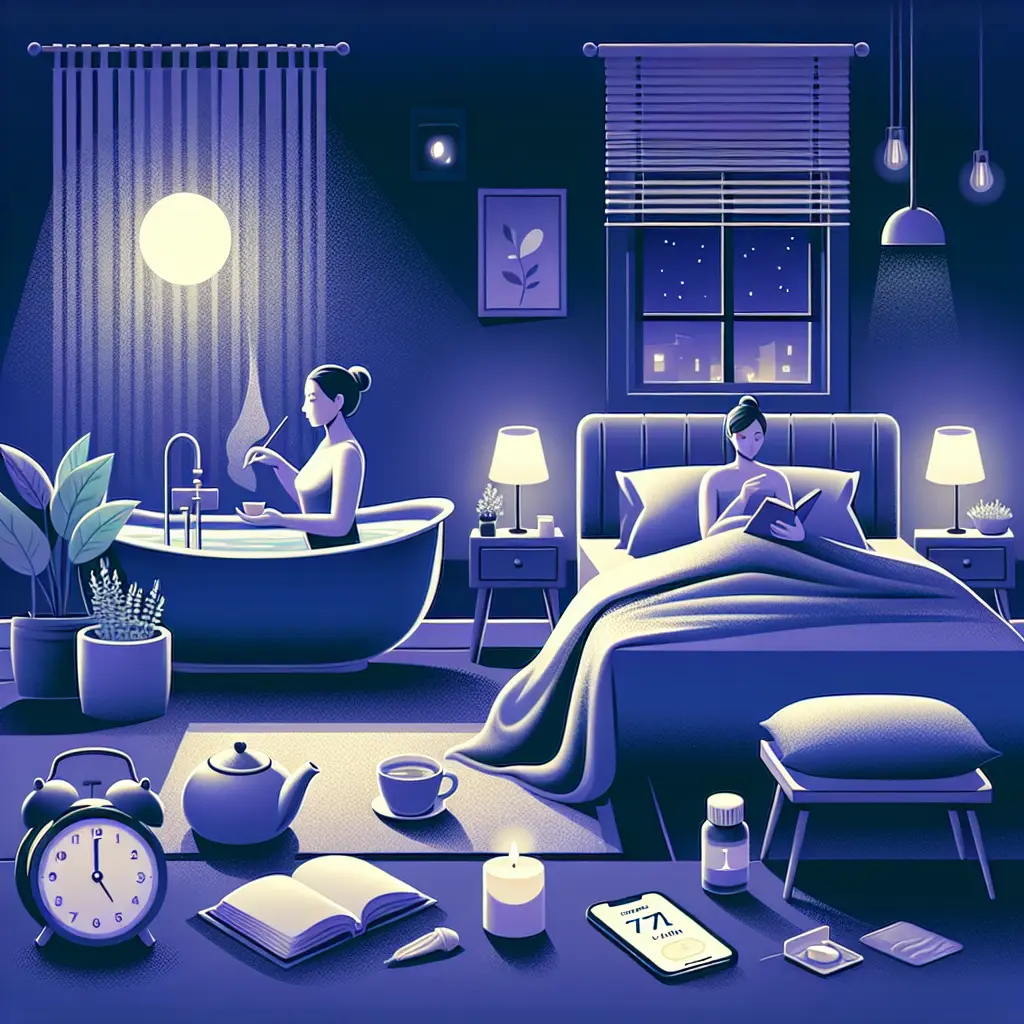
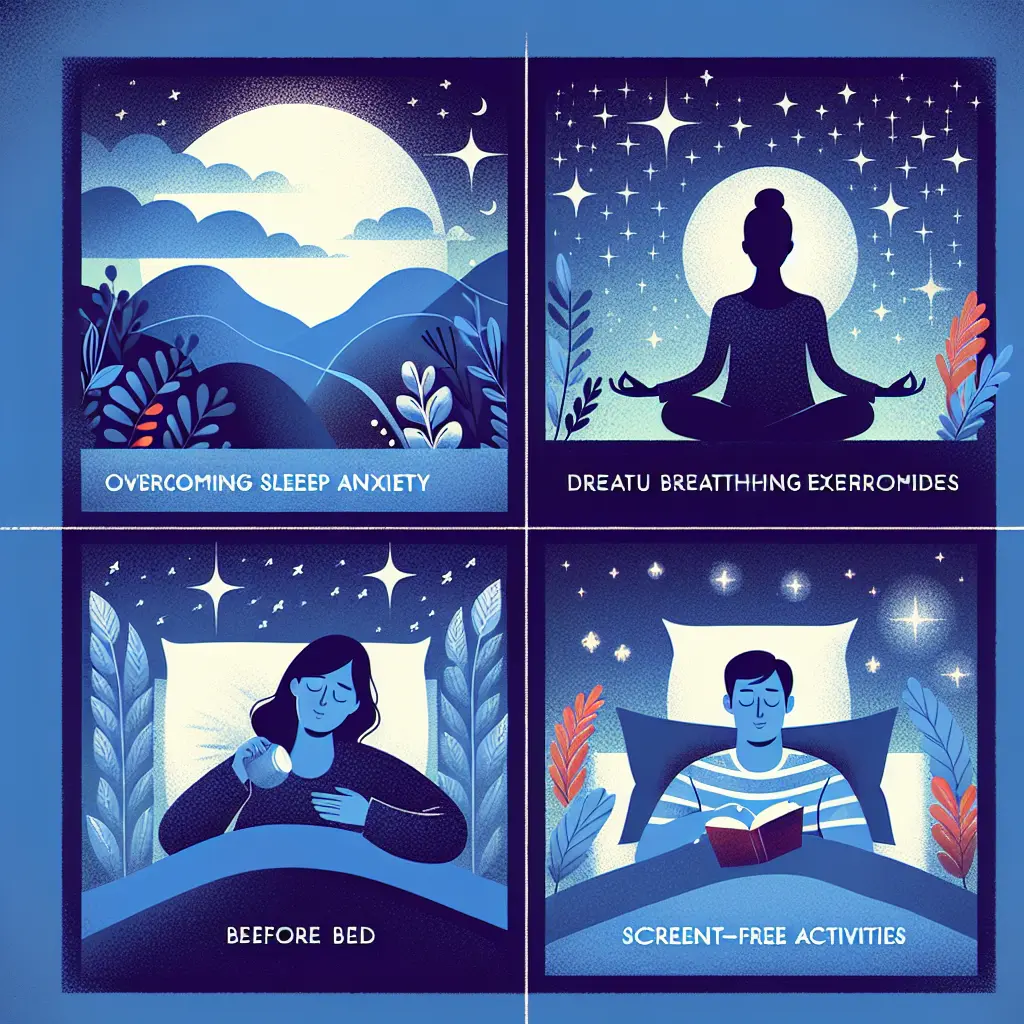

Leave a Comment